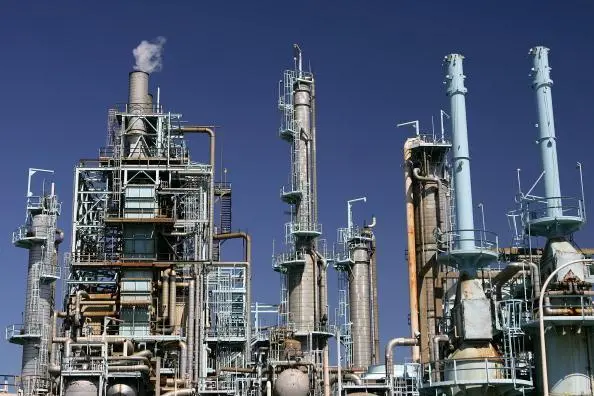PHOTO
- Asian shares rebound 0.5 percent
- Brent oil prices drop, WTI prices edge higher
- Middle East markets drop sharply on Monday
- Dollar remains unchanged, gold rises
Global markets
Asian shares rose early on Tuesday but failed to recover all losses incurred in yesterday’s session.
Equity markets had dropped on Monday after the United States President Donald Trump tweeted comments on Sunday that trade talks with China were proceeding “too slowly”, and that he would raise tariffs on $200 billion of Chinese goods to 25 percent on Friday from 10 percent.
MSCI’s broadest index of Asia-Pacific shares outside Japan rose 0.5 percent and Chinese shares rose after their worst drop in more than three years on Monday.
Yasuo Sakuma, chief investment officer at Libra Investments in Tokyo told Reuters that he believes stocks have entered a new downtrend, as investors had growing doubts over whether the United States and China would cut a deal on trade any time soon.
“Investors had been too complacent since the beginning of this year. Now it’s time for ‘sell in May and go away,’” he said.
Oil prices
Oil prices ended the day mixed as concerns that an escalating Chinese-U.S. trade dispute offset the effect of U.S. sanctions on Iran and Venezuela.
U.S. West Texas Intermediate (WTI) crude futures were at $62.29 per barrel at 0135 GMT on Tuesday, 4 cents above their last settlement.
Brent crude oil futures were at $71.16 per barrel, 8 below their last close.
“As the White House raises the stakes on Iran and Venezuela, what is the oil endgame?” asked Bank of America Merrill Lynch in a note, according to a Reuters report.
“The Venezuelan political situation seems untenable but oil exports could continue to contract until the industry receives a capital injection, a dim prospect for now,” the bank said.
“In addition... Iran oil exports could collapse further over the coming months. While America’s maximum pressure policy on these two regimes may pay off, additional oil supply losses cannot be ruled out,” it added.
Middle East markets
The Saudi index dropped 1.5 percent on Monday, as its biggest lender, National Commercial Bank, decreased 1.9 percent and Banque Saudi Fransi lost 4.3 percent.
In Dubai, the index traded 0.7 percent, with Dubai Investments sliding 1.5 percent after a 44 percent drop in its first-quarter net profit.
The Abu Dhabi index slipped 1.5 percent, with Finance House and National Bank of Umm Al Qaiwain falling 10 percent and 9.9 percent, respectively.
Qatar's blue-chip index slid 1.6 percent as Qatar Fuel and Qatar First Bank fell 3.9 percent and 3.8 percent, receptively? Respectively?.
The Egyptian blue-chip index dropped 2.1 percent, with 24 of its 30 stocks declining.
Bahrain’s index edged 0.1 percent higher, Kuwait’s premier market index added 0.3 percent and Oman’s index dropped 0.7 percent.
Currencies
The dollar was trading flat early on Tuesday.
The dollar index, which measures the greenback against a basket of six major currencies, was basically unchanged at 97.53.
Precious metals
Gold prices added gains as investors dumped equities.
Spot gold was up 0.2 percent at $1,282.11 per ounce as of 0147 GMT.
U.S. gold futures were unchanged at $1,283.60 an ounce.
(Reporting by Gerard Aoun; Editing by Mily Chakrabarty)
Our Standards: The Thomson Reuters Trust Principles
Disclaimer: This article is provided for informational purposes only. The content does not provide tax, legal or investment advice or opinion regarding the suitability, value or profitability of any particular security, portfolio or investment strategy. Read our full disclaimer policy here.
© ZAWYA 2019





















